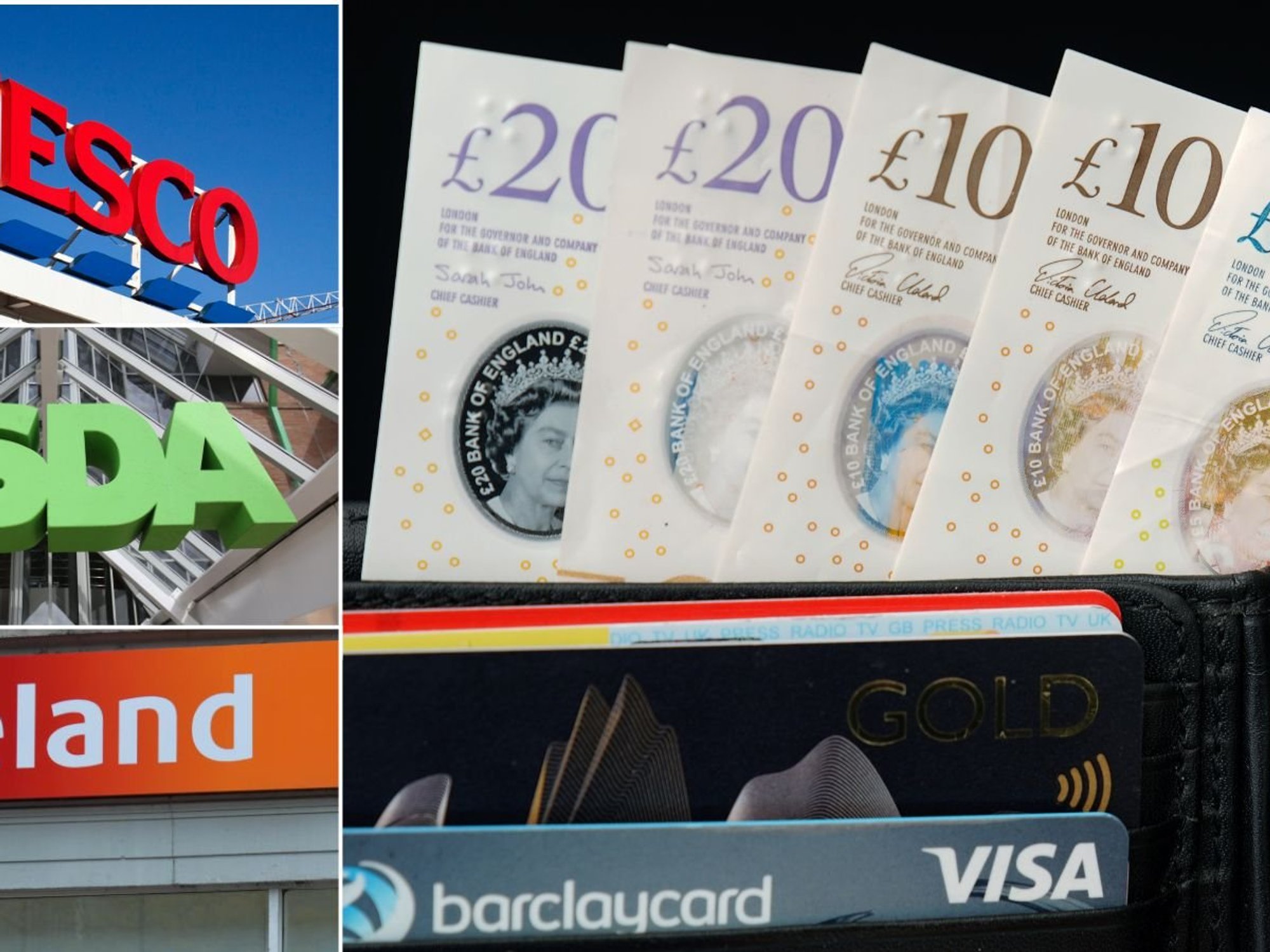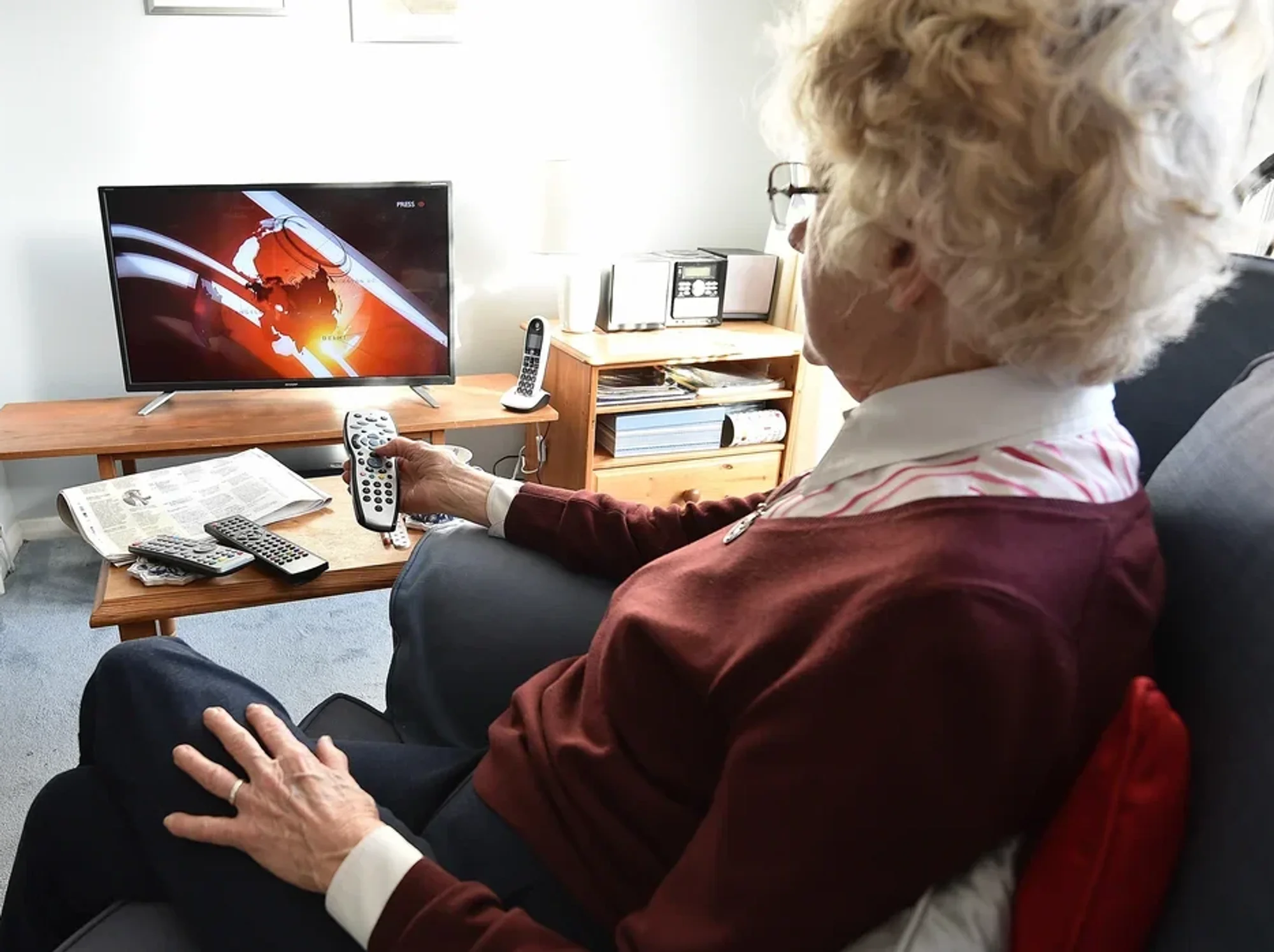Council tax to rise by maximum amount allowed as households to be hit by £9.4bn raid, Labour admits
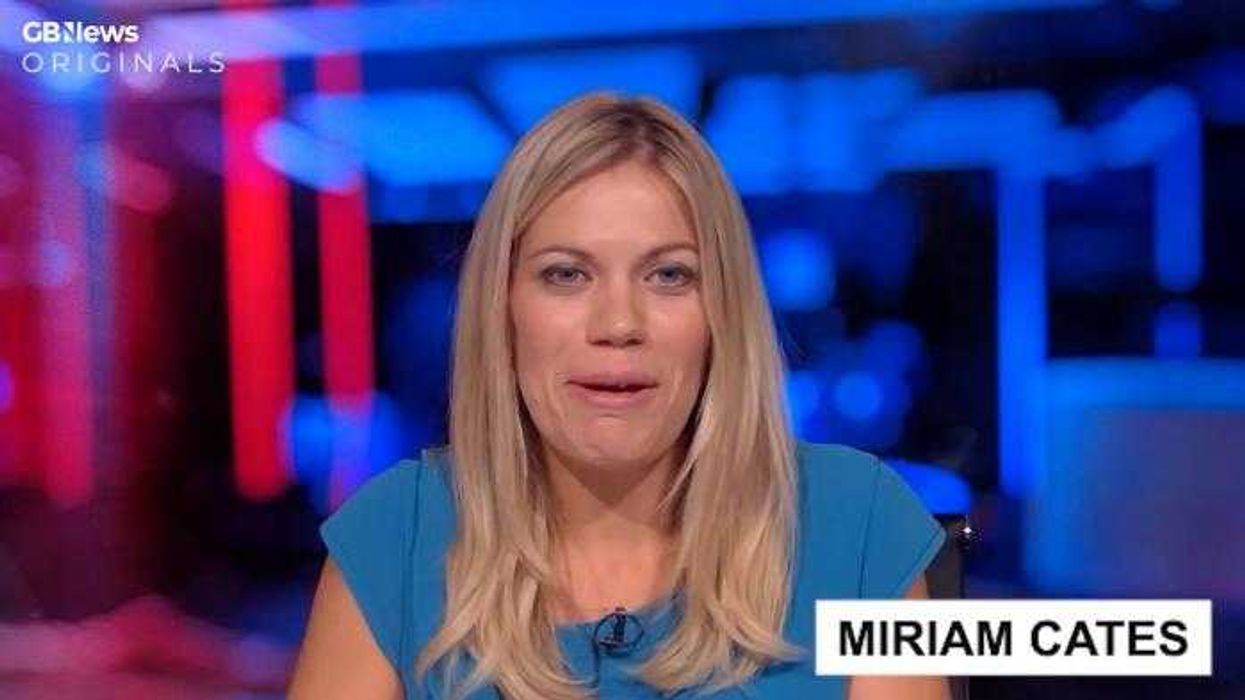
Rachel Reeves Budget warning as UK 'painful' debt crisis worsens with 'no easy fix' | Latest |
GB NEWS

Rachel Reeves is expected to set out tax increases as part of her upcoming budget in November
Don't Miss
Most Read
Latest
Households are set to face a more than £9billion increase in council tax, new figures show.
Upon announcing its spending review in June, Labour claimed spending power for local authorities would rise by an average of 2.6 per cent by 2029.
According to The Telegraph, new figures reveal that two-thirds of the spending power the Government announced will come from higher taxes on bill payers.
A Freedom of Information request submitted to the Ministry of Housing, Communities and Local Government (MHCLG) by the Conservatives has now shown that council tax bills will rise by £9.4billion in England by April 2029.
TRENDING
Stories
Videos
Your Say
The data is based on if every council in England was to increase their bills by the maximum amount allowed.
Mayor of Greater Manchester, Andy Burnham, told The Telegraph that he thinks the council tax system should reform to increase rates on properties with a higher price tag in London and the south-east of England.
The MHCLG said its data release was “an estimate of the resources available to local authorities", adding it was "not a prediction of their actual council tax revenues since councils are free to set their own levels of council tax".
Rachel Reeves is expected to set out tax increases in her upcoming budget in November to plug a £30billion financial black hole.
LATEST DEVELOPMENTS:
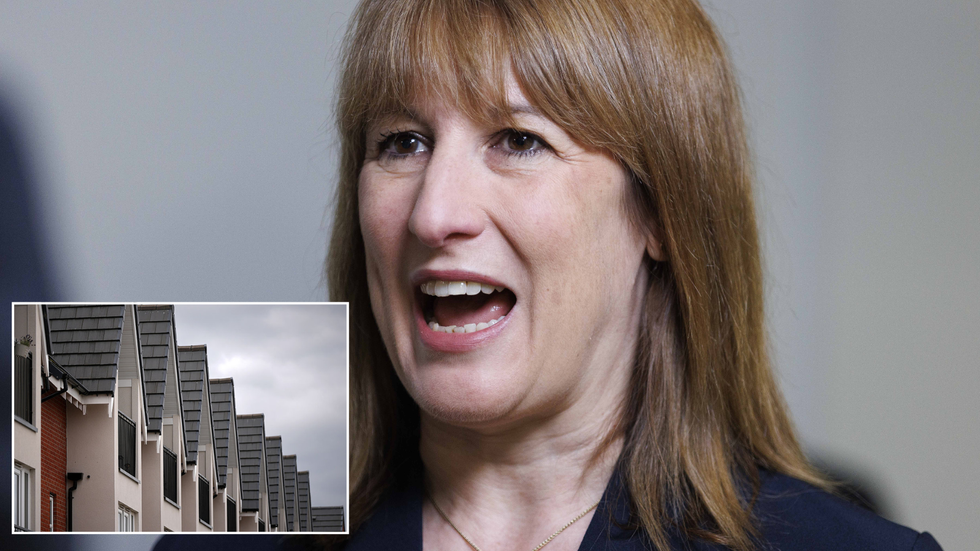
Rachel Reeves is expected to announce tax increases in her upcoming budget in November
|PA/GETTY
The Chancellor has however previously ruled out hiking taxes on "working people", income tax, National Insurance or VAT.
Experts have however argued it's "high time" the Government reconsidered its position.
The economists suggest this approach would be preferable to the alternative measures currently under consideration, which include reducing pension tax relief and increasing levies on gambling and tobacco.
Stephen Millard, the deputy director of the National Institute of Economic and Social Research (NIESR), is among the economists urging the Chancellor to make a U-turn.
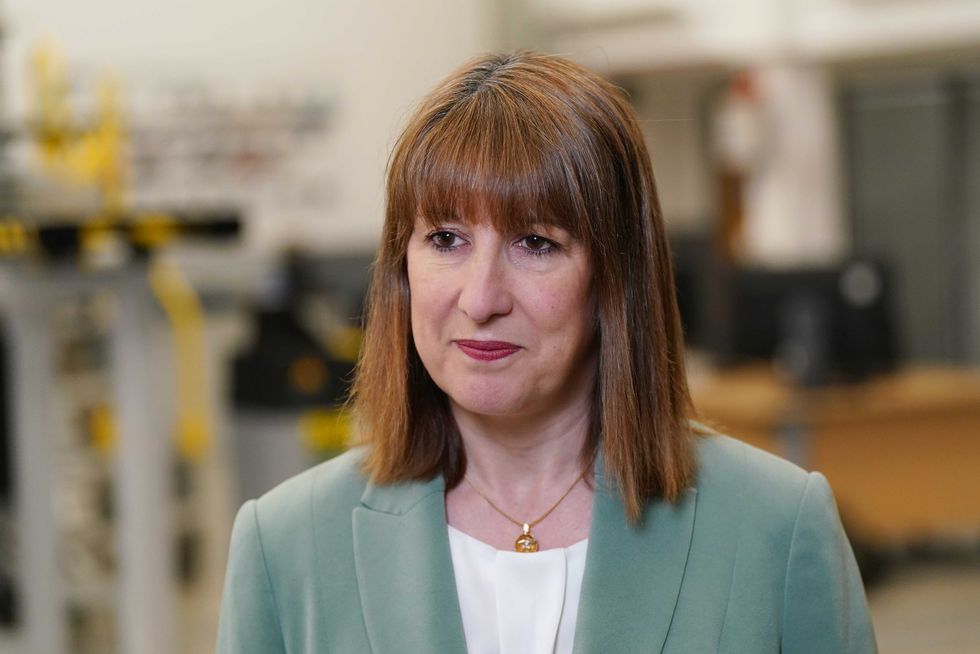
The Chancellor has previously ruled out increasing taxes on 'working people'
|PA
He explained: "The Chancellor finds herself in a position where she needs to raise taxes at the next budget.
"But, given her commitment to not raise income tax, VAT or national insurance, she has left herself in a position where she either has to go back on this commitment or ‘tinker at the edges’.
"We think that now is not the time to do the latter.
"Rather the Chancellor should look to raise income tax which has the least negative effect on growth of the three big taxes to put the public finances back on to a firm footing and then lay out a tax reform agenda, which could help boost UK growth in the future.”
Speaking to The i, the panel maintains that increasing income tax would cause the "least negative effect on growth" among the major revenue sources, according to their assessment.
Sir Charles Bean, former deputy governor of the Bank of England, described this approach as "the easiest and probably least distortive way" to generate the required revenue.
He added: "Given they don’t seem to be able to cut spending and Reeves has committed herself to sticking to her fiscal rules, they pretty much have to resort to raising tax revenues somehow."
More From GB News









